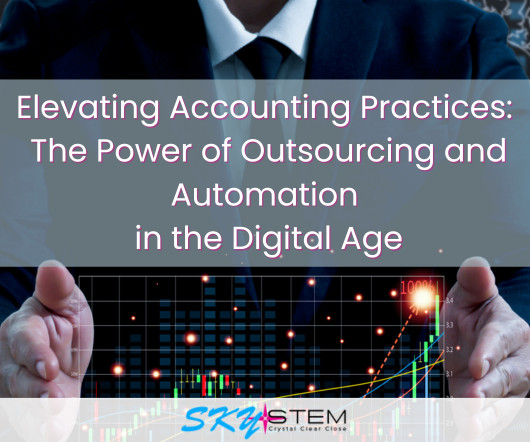Remainder beneficiary definition
Accounting Tools
DECEMBER 30, 2023
What is a Remainder Beneficiary? A remainder beneficiary is a person who is entitled to receive principal when the income interest in a trust ends. This typically means that the income from a trust goes to one or more income beneficiaries , either for a fixed period of time or until a future event (such as their deaths). At that time, the remaining amount in the trust is transferred to the remainder beneficiaries. in short, the remainder beneficiary is second in line to inherit after the primary














Let's personalize your content